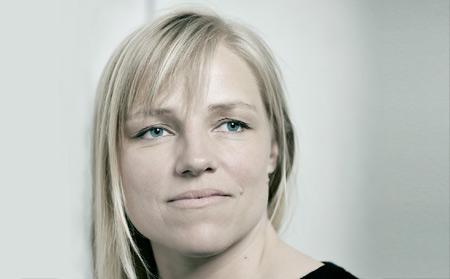Ane Mandrup Pedersen has produced a number of documentaries and shorts and worked in communications and marketing, most recently on the international documentary project "Why Poverty?" at the Danish national broadcaster DR.
Today, Ane Mandrup takes up the position as Head of the Production & Developing Unit for Short & Documentary Film at the Danish Film Institute, where she will have the overall responsibility for processing applications for development and production subsidies and perform a production and financial assessment of the projects. In addition, she will work to stimulate the development of the Danish documentary industry in relation to technology, organisation, financing, distribution, and national and international cooperation.
We have asked Ane Mandrup about her visions for her work with Danish documentary.
What are you looking forward to in your new job?
"I'm very interested in the development of new sources of funding and business models, and I'm looking forward to contributing to ensure the Danish film industry great development conditions in a future where digital distribution platforms are increasingly important."
What tendencies do you see as the most exciting in the Danish documentary industry right now?
Personally, I find it intriguing when documentaries use genre devices from fiction. When directors combine their obligation to depict reality with their creative freedom to direct. I'm not just thinking about reconstructions, which have always been an element in documentaries – and which the Danish film "The Act of Killing" renews in the most radical way – but when a film from start to finish live in the area between fact and fiction.
And the greatest challenge?
In addition to a struggling economy, we have a challenge in reaching a younger and wider audience.
Regarding international co-productions, what shuld we focus on?
Exchange is the essence of international co-productions: Exchange of visions, professionalism, craftsmanship, methods, economics, and networks. Exchange is crucial to the development of art - and thus to documentaries. I believe that we make the most progress as an industry by sharing knowledge and inspiring one another.
What are you looking forward to at IDFA?
A week of documentaries from dawn to dusk.
Which documentary is your personal favourite?
As other film buffs I don't have just one favorite film, but an infinite number. Films that I watch repeatedly include "Gimme Shelter" (Maysles Brothers, Charlotte Zwerin, 1970), "Night and Fog" (Alain Resnais, 1955), several of Jørgen Leth's film and "The Monastery" (Pernille Rose Grønkjær, 2006).
